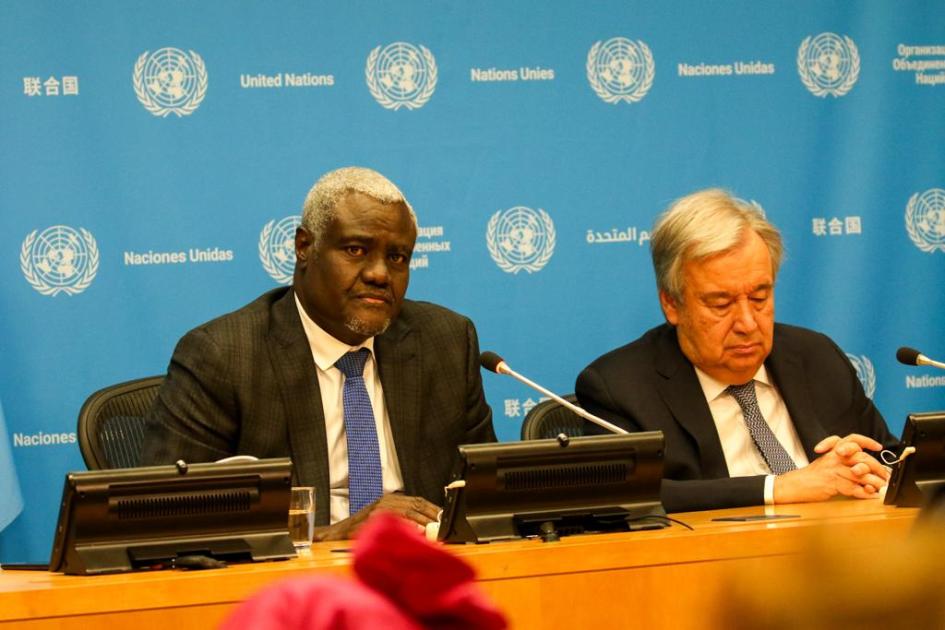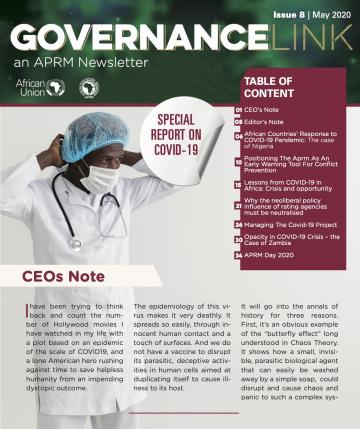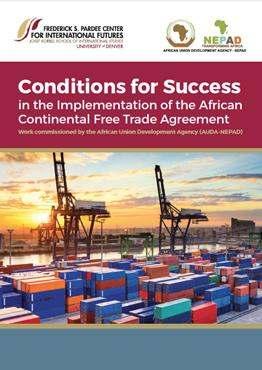Key Resources
February 10, 2022
May 16, 2024
May 09, 2024
- May 04, 2020
-
February 13, 2020
There is a general consensus that science, technology and innovation are at the heart of development, and that investment in this sphere is critical to ensuring long-term growth. To this end, in 2014, African Heads of State and Government adopted the Science, Technology and Innovation Strategy for Africa 2014-2024, (STISA 2024), as a framework for S&T and innovation development in the Member States.
-
February 09, 2020
- February 09, 2020
-
February 08, 2020
The January 2013 African Union Summit adopted Agenda 2063 – “The Africa We Want” – as Africa’s blueprint and master plan for sustainable development and economic growth of the continent. It is an affirmation by African Heads of State and Government of their commitment to transform Africa into the global powerhouse.
- February 07, 2020
- February 05, 2020
- January 30, 2020
- January 30, 2020
- January 16, 2020
- December 23, 2019
- December 23, 2019









